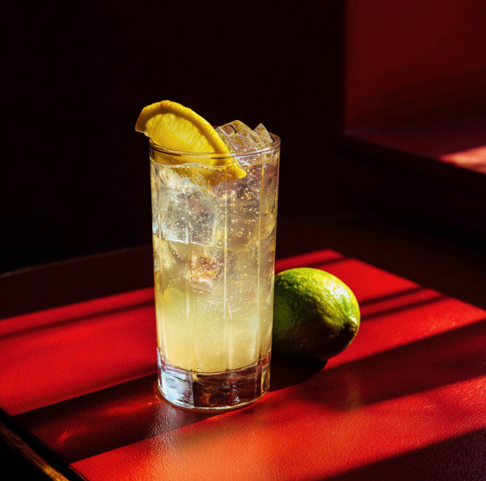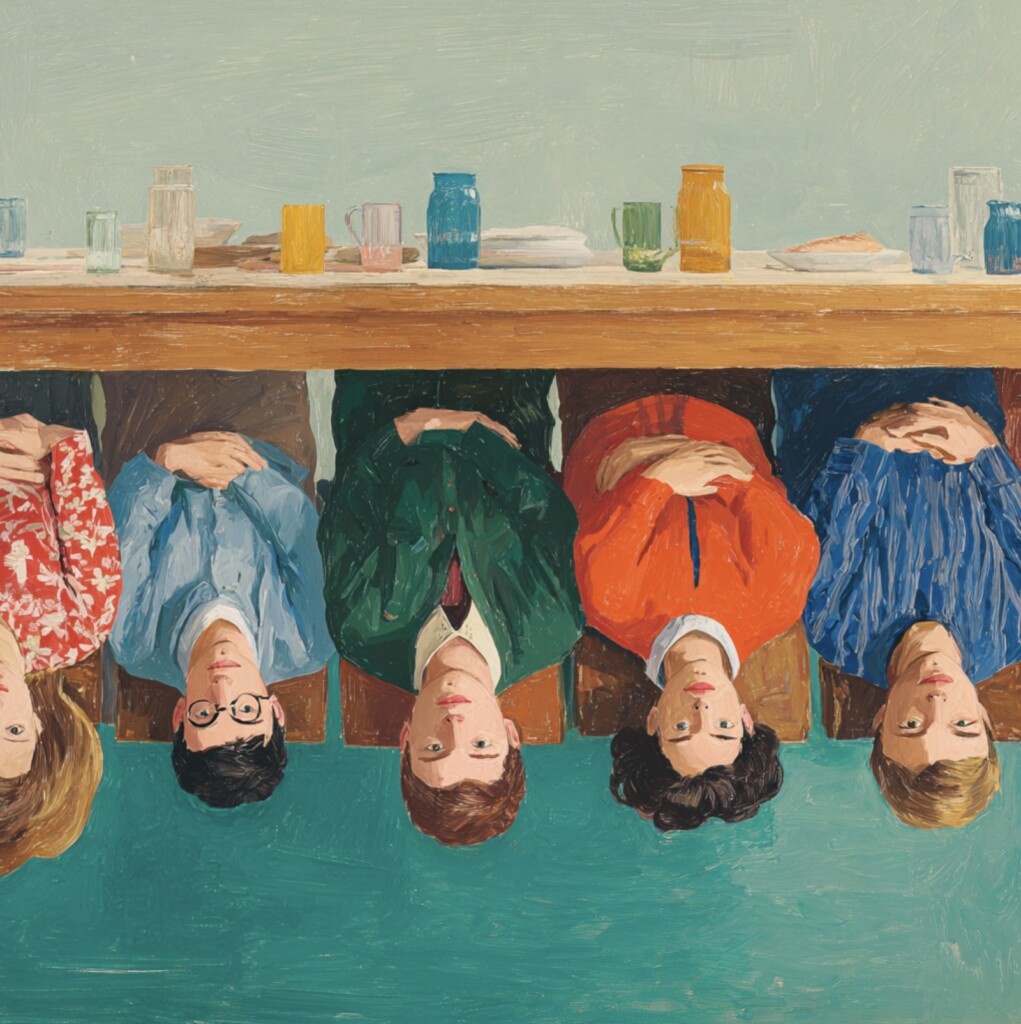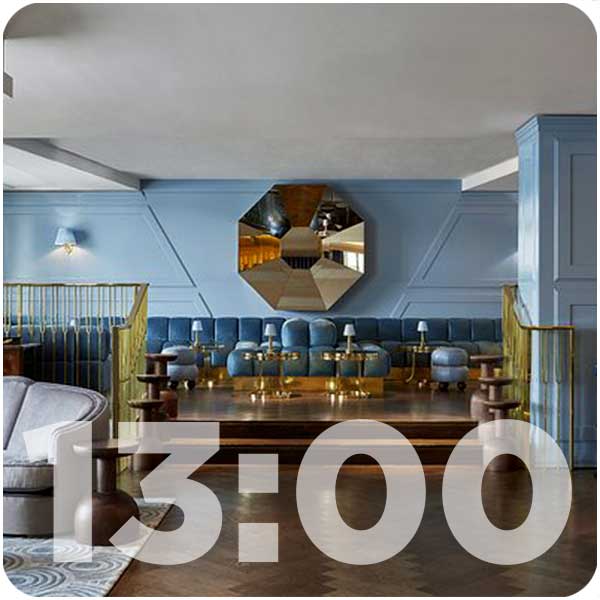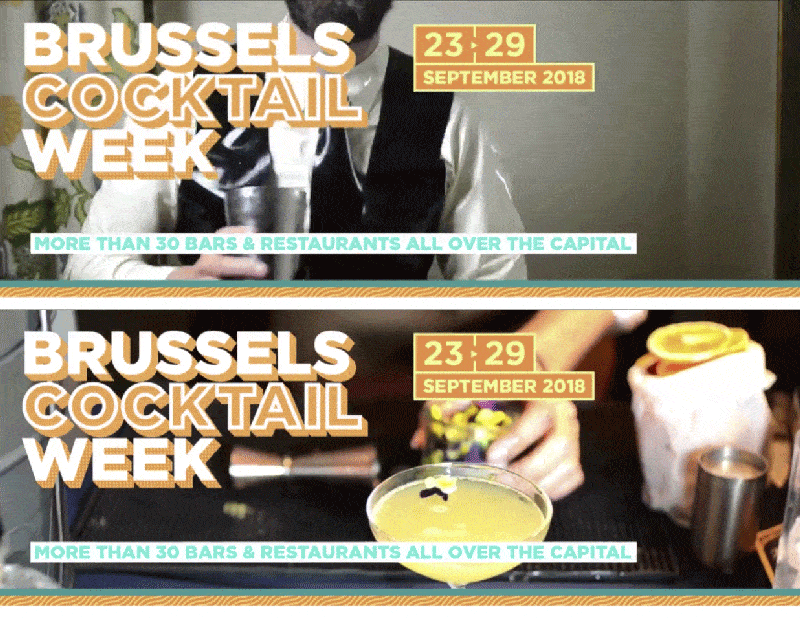
Why Gen Z’s Drink Less, and what they’re doing instead
Where previous generations may have embraced drinking as a rite of passage, a badge of adulthood, or a shortcut to connection, today’s youth—especially Gen Z and late Millennials—are turning away from the bottle.
We are living in uncertain times. The world feels louder, and more fragile than it did even a decade ago. From climate anxiety to economic instability, from war and political polarization to the constant pull of screens and notifications—young people today are growing up in an atmosphere of near-constant tension.
Against this backdrop, it’s perhaps not surprising that many are seeking greater control over their lives. One of the most striking expressions of this is the quiet revolution happening around alcohol.
Where previous generations may have embraced drinking as a rite of passage, a badge of adulthood, or a shortcut to connection, today’s youth—especially Gen Z and late Millennials—are turning away from the bottle.
A generation that needs to control. And it’s not out of prudishness. It’s a conscious rejection of chaos, a reclamation of agency. In a world that often feels unmanageable, they are choosing to manage themselves.
A Conscious Recalibration
At the heart of this shift lies a growing awareness of health—both mental and physical. Alcohol, once celebrated as a social lubricant, is now more widely recognized for its toll: on anxiety, sleep, metabolism, and emotional regulation. Being “sober curious” is no longer fringe—it’s mainstream. Clarity has become the new cool.
Equally powerful is the influence of the digital gaze. This generation has grown up online, with every stumble potentially broadcast to the world. Drunken nights don’t just disappear with sleep; they live on in photos, videos, and algorithms. The stakes are higher, and many would rather protect their image than risk a viral misstep.
There’s also the financial reality. Drinking is expensive. So is life. With housing unaffordable in many cities, student debt a burden, and inflation biting into every budget, many young adults are questioning the value of expensive cocktails and hazy mornings after. They are opting instead to spend their time and money in ways that nourish rather than numb.
And then there’s the shifting of milestones. With traditional timelines for marriage, homeownership, and career stability pushed back—or even abandoned—the “work hard, play hard” ethos feels out of sync. The desire now is not to escape adulthood, but to redefine it.
What Fills the Space Left by Alcohol ?
If alcohol is being gently pushed aside, what’s taking its place?
For one, non-alcoholic alternatives have come a long way. Today’s mocktails are sophisticated, beautifully presented, and no longer second-class. There’s an entire industry flourishing around alcohol-free beers, wines, and spirits, designed not just for abstainers, but for anyone choosing to be intentional.
They also enjoy low-alcohol drinks like beer and wine, but also choose premium spirits and small cocktails that can be savored throughout the evening. They appreciate tasting and learning about what they’re drinking.
Functional beverages are another rising force—drinks enhanced with adaptogens, CBD, or nootropics that offer energy, calm, or focus. They speak to a generation more interested in how they feel the next morning than how they felt the night before.
Then there’s the rise of wellness as social glue. Group fitness classes, sound healing sessions, or mental health workshops are not just self-care—they’re community. They provide the same sense of belonging that a bar once might have, but without the price paid in foggy mornings and regret.
Digital spaces, too, have created new forms of connection. Whether through gaming, livestreams, or community platforms like Discord, young people are finding camaraderie in pixels rather than pints.
And beyond all of this is the pursuit of creative purpose. Instead of partying, many are building. They’re starting side projects, launching businesses, writing music, making art. In this climate of instability, creation becomes its own form of control.
Even within more experimental domains—such as the controlled microdosing of psychedelics, as practiced in certain Swiss hospitals—the approach reflects a marked divergence. The focus shifts away from escapism toward introspection and insight; away from disorder, and toward heightened awareness and consciousness.
The Deeper Meaning
What looks on the surface like a drop in alcohol sales is, at a deeper level, a story of resilience. The younger generation is not “missing out” on anything—they are actively shaping a new kind of adulthood, one grounded in balance, presence, and autonomy.
In stepping back from alcohol, they are not rejecting joy, but redefining it. They are looking for clarity in a world that feels blurred, for connection that doesn’t require self-abandonment, and for rituals that ground rather than disorient.
This is not a generation running away from life. It’s a generation trying to meet life—on its own terms, and with eyes wide open.
Will all this change ? who knowns
Should we go and have a drink and talk about it ?
Don’t drink and drive. Enjoy responsibly.
News
Stay tuned and discover all the news in the Spirits World for professionals and amateurs, by our Spirits Hunters’ experts.
See all posts in this category. Join the community on Reddit
Join the community on Reddit
Spirits Hunters is a community dedicated to spirits and the world of mixology. Feel free to talk about the world of mixology and bartending here!
Join







